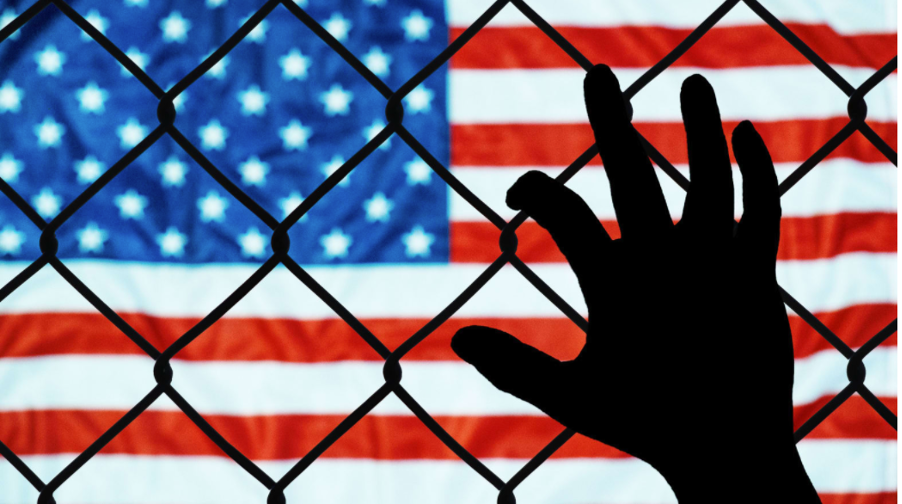
This course allows you to use the readings, writing and analytical skills that you have developed in your liberal arts education to prepare expert witness declarations for immigrant asylum cases. You will also learn how the entire process from preparing written expert witness reports to testifying at immigration hearings work by working on real asylum cases with immigration lawyers. This course has a practical component but you will also learn about the history of immigration, refugee and asylum law, as well as researching the main grounds for asylum cases: persecution based on gender and sexual orientation, sexual violence, drug cartel and gang violence, religious beliefs, racial and ethnic identity and political opinion. As we research the cases, you will investigate country conditions in several countries, including Guatemala, El Salvador, Honduras, Mexico, Venezuela and Cuba. Refugee and asylum law was developed after World War II in the United States so most of the course will focus on how the law developed in the postwar era, but because federal immigration law was first developed in the late nineteenth century, we will also explore these deeper roots of the immigration enforcement system.
- Teacher: Elliott Young